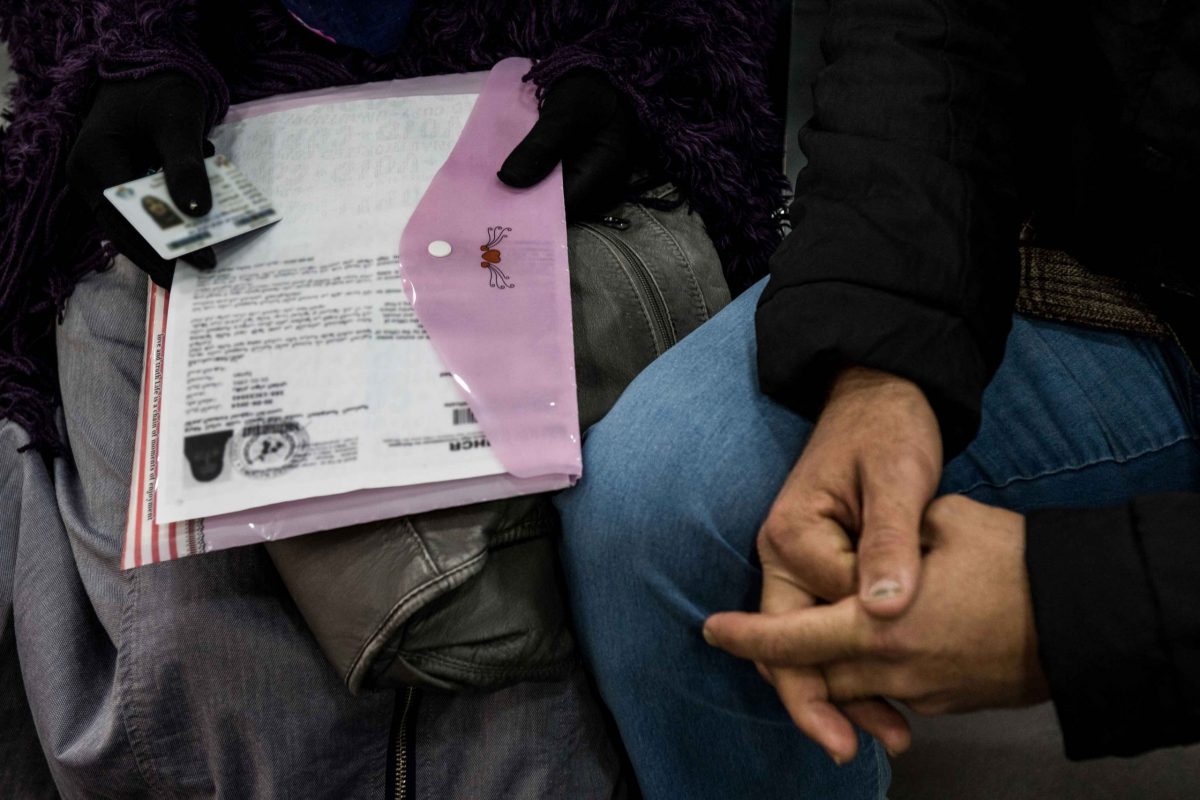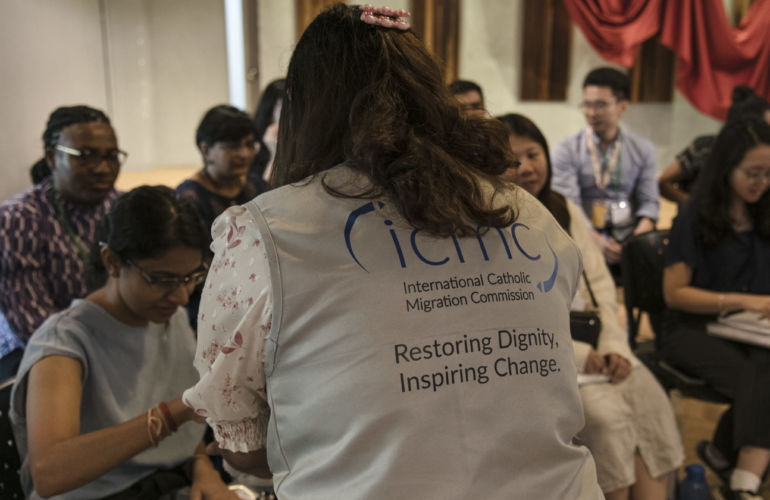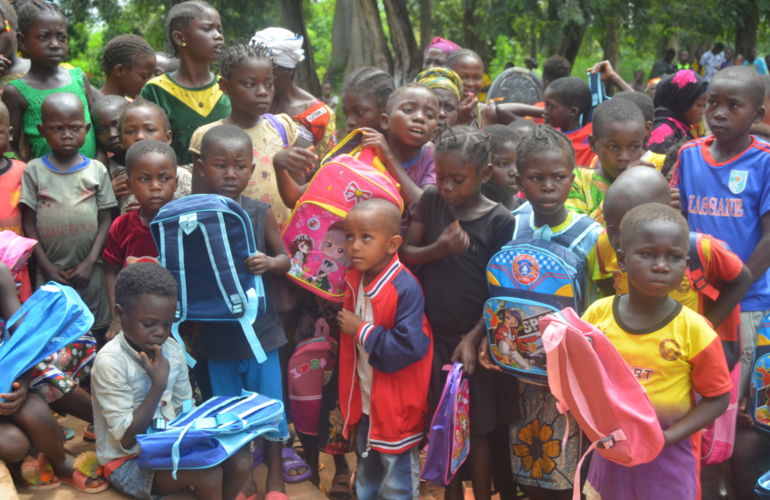Not Just a Piece of Paper – Why Documents Matter to Refugees

Civil and legal documentation is vital for refugees as it protects their rights and allows them to access essential services such as education and healthcare. Meet Ahmad and Salma Bakir, parents of Mohammad and Zaid, who were living without a valid marriage certificate and were thus unable to register the birth of their children.
Ahmad and Salma Bakir left their home in Homs, Syria in 2013. They are among the hundreds of thousands of Syrian refugees displaced in Jordan to escape the armed conflict that broke out in 2011.
Even though the couple had proof of identity and were registered with the UN Refugee Agency (UNHCR) when they arrived in Jordan, it was extremely difficult for them to register the birth of their two sons, Mohammad and Zaid.
“We married in Syria during the war and, because of it, we didn’t register our marriage properly. We didn’t have money so we couldn’t afford to obtain the documents needed,” explains Mr. Bakir.
Unlike in what is the case in Jordan, couples in Syria only need to legalize their marriage after the birth of their first child. The informal nature of their marriage in Syria prevented the Bakirs from registering the births of their children in Jordan.
“My first son did not obtain a birth certificate until more than two years after he was born,” Mr. Bakir recalls. “My second son did not obtain his until he was three months old. It meant that they could not go to hospital or school when they grew up.”
Without birth certificates and identity documents, Syrian refugee children in Jordan like Mohammad and Zaid will become stateless if the situation is not rectified.
The United Nations defines as “stateless” any person “not considered a citizen by any State under its laws.” Estimates suggest that around half of all stateless people are children, the majority of them from birth.
Mohammad and Zaid would also not be able to access education and healthcare services or be afforded any rights or protection under the law.
The Bakirs were also confused by the cost of obtaining the documentation. “Some people said the birth registration cost 1,000 Jordanian dinars while others said it cost 1,200 (between 1,200-1,500 Euros). Either way, I didn’t have that much money.”
The birth of a child born in Jordan to Syrian parents must be registered within the first year after the birth. Failure to do so means that the parents must pay a fine of 100 Jordanian dinars.
“Because there was nothing to prove our status,” Mrs. Bakir admits that she felt “lost” for fear that the authorities might think she and her family were a threat, or that she had ‘kidnapped’ her sons. The couple was also concerned that when the time comes, they would not be able to return to Syria with their sons.
The International Catholic Migration Commission (ICMC), working with other NGOs, has provided some 7,000 families like the Bakirs with information and cash assistance to help them obtain the necessary documents for themselves and their children. The program was funded by the European Civil Protection and Humanitarian Aid Operations Department (ECHO).
Now, Mohammad and Zaid have the proper documentation to access their fundamental rights. However, there are many more refugee children who remain stateless.
Through the #DocumentsMatter campaign, ICMC seeks to highlight the plight of undocumented refugees by sharing their stories and bringing attention to the importance of civil and legal documentation.
- Watch the two-minute video “Unregistered, undocumented and unseen”
- Learn more about the importance for proper documentation for refugees


